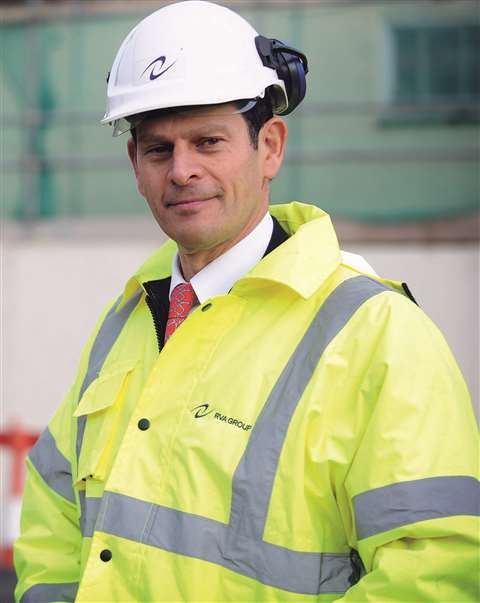Richard Vann - Managing cultural differences
11 February 2020
No two demolition projects are ever totally the same. But the variances – and for some people the challenges – increase further still, when works take place in distinctly different locations, with teams made up of personnel from many cultural backgrounds.
There are language barriers to navigate, for example, and perhaps unanticipated norms surrounding working hours, break times or the pace of progress. Even the climate can influence on-site behaviour.
Legislation also varies significantly, which can set the tone regarding project expectations, unless carefully managed from the outset.
But there should be one common law irrespective of culture, geography or the scope of works – respect.
Respecting clients and colleagues

Respect for the client, colleagues, the environment, wider stakeholders and of course the engineering discipline itself, can help set the project barometer.
Establishing this respect takes effort of course, but this is usually easier to attain with strong levels of communication, consultation and clarity.
The corporate minimum standards for the project – however large or small – should be outlined and agreed from day one.
Globally respected British standards are often the starting point, but where higher levels of quality are known, they should always provide the benchmark.
I have previously stopped work on site because agreed safety protocol is not being followed.
It represents a huge mindset shift for personnel to wear harnesses in some parts of the world, for instance.
But when they did start to wear them and that hurdle was overcome, the next obstacle to tackle was appreciation for the fact that they needed to be clipped on to a fixed stable point, to be of any value!
Rescue plans and risk management
I’ve also been to sites that didn’t have a rescue plan in place if someone was to fall and become suspended – basic for those in the know but new thinking for many.
Approaches to risk management differ from country to country but risks don’t become any less onerous simply because you’re working in different territories.
A fall from height in the United Kingdom and a fall from height in India – the result is inevitably the same.
Some culturally-driven safety challenges are seemingly less extreme – refusing to wear sunscreen in blistering temperatures, working without a shirt on or turning up to a heavy industrial demolition site in trainers.
It may be the norm for some, but if this practice puts safety levels in jeopardy, we cannot forget what we’ve been taught and know is right, and leave our morals waiting at home for us.
It’s about being respectful, of course, but also robust.
Internationally experienced demolition teams
When a demolition assignment is taking place in a developing part of the world, it does not mean that incidents can be allowed to happen.
As a result, internationally experienced demolition teams are now finding their expertise being exported worldwide, so that they can help protect the integrity of jobs and the levels of environment health and safety excellence witnessed on site – particularly as projects grow in scale and complexity.
- First published in the January-February 2020 issue of Demolition & Recycling International
